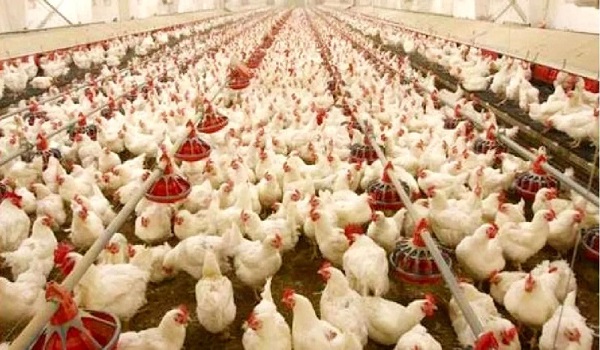Alarming infractions of animal welfare found in Assam Livestock and Poultry Corporation Limited is experiencing financial difficulties, which is a worrying trend. Shocking facts concerning the maltreatment of animals and flagrant disrespect for standards of animal care within the organization have come to light.
According to accounts, the firm receives animals for processing from farms all throughout Assam. The animals go through an examination known as an “antemortem” before being butchered to see whether they are fit to eat. It is wrong to kill animals that are unwell, young, or pregnant, yet alarmingly, this prohibition is often disregarded.
Following the slaughter, the meat is subjected to a “Post mortem” inspection to check for illnesses. If any are discovered, the infected meat is promptly thrown at a waste disposal facility. According to animal welfare standards, the killing process should be painless, with the carcass preserved in a refrigerated area for at least 8 hours.
However, this protocol is not always followed, resulting in unethical practices by unscrupulous butchers who slaughter animals regardless of their health state. The implications of such activities go beyond animal cruelty since other animals have been known to generate a fear chemical that is damaging to humans when they watch the slaughter.
Furthermore, the corpses’ remnants are haphazardly abandoned, creating a severe health and environmental risk. An officer with the Assam Livestock and Poultry Corporation exposed a troubling aspect of their business. The inspector noted that butchers must pay a normal cost of $60 for the appropriately processed meat.
However, people are abusing this option by purchasing the entire animal for that small sum. The officer further stated that they now earn 3 lahks per year, as opposed to 10 lakhs previously. “We ignored the standard pricing based on 1/4th of a kilo, which should total 175 or more,” the officer explained. Surprisingly, just 30% of butchers prefer butchered meat, while the remaining 70% prefer to transport the whole animal to their shops. This apparent misappropriation allows butchers to avoid taking processed meat, resulting in financial losses for the firm.
The money earned by this activity is substantially lower than planned, with numerous charges removed from the revenue, including labour, power, sanitization, and licensing fees, further diminishing their revenues. Government-run slaughterhouses, which can handle 1500 animals, only receive 150-200 animals each day, resulting in significant losses.


